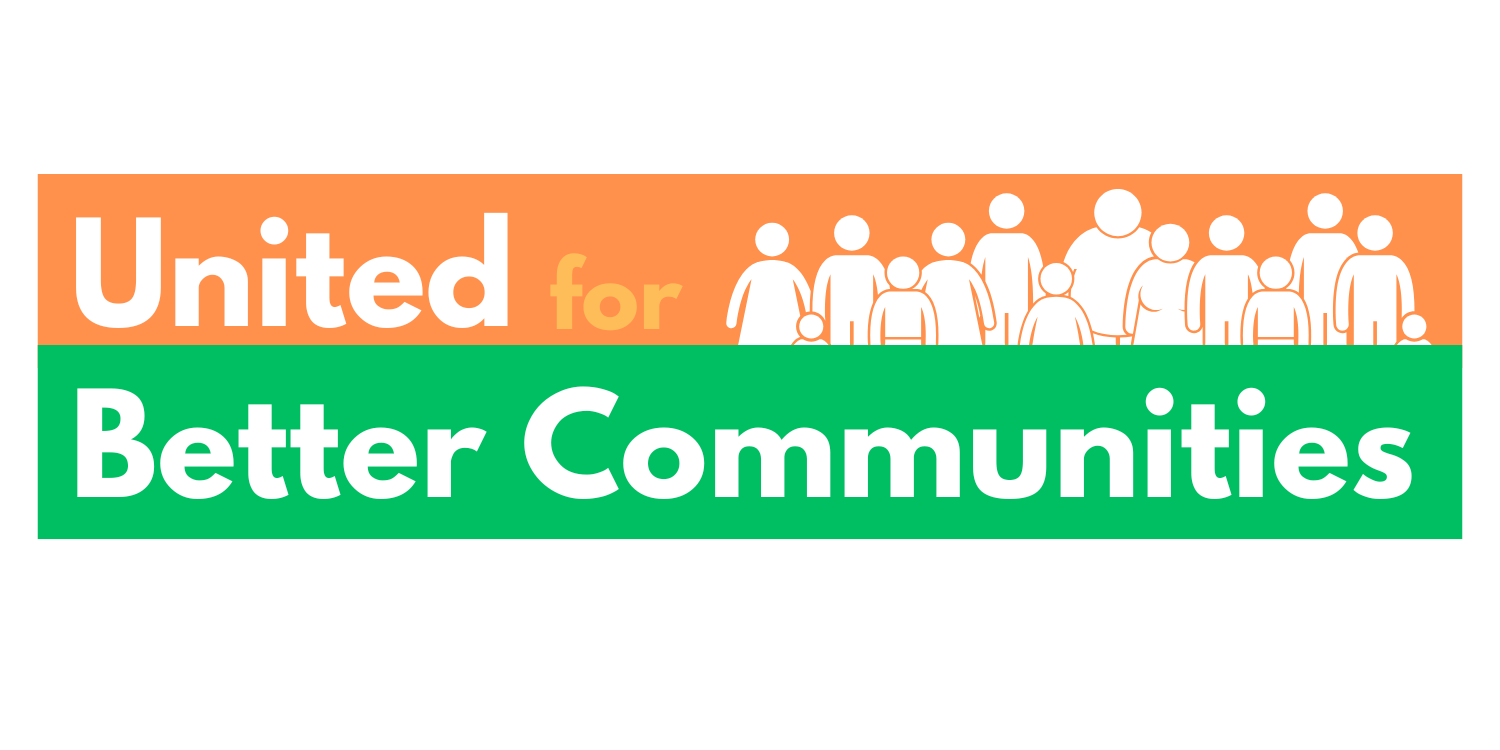United for Better Communities empowers America’s cities, towns and neighborhoods through advocacy and education about pressing economic and social challenges. We amplify experts and voices in pursuit of more resilient communities that lift up workers, residents and small business owners. Through our work, we aim to create lasting positive change that strengthens local communities and leads to lasting growth.
Areas of Interest
Protecting Local Businesses
Small businesses form the backbone of local economies, creating jobs and contributing significantly to community identity and character. When small businesses disappear, communities lose not just economic diversity but also their unique cultural fabric and the personal connections that strengthen neighborhood bonds. Supporting local commerce through intentional consumer choices, favorable state and federal policy, and community investments is essential to maintain vibrant, distinctive communities that reflect local values and priorities.
Read More: Small Businesses Empower Their Communities
Making Housing Affordable and Accessible
The housing affordability crisis tears apart neighborhood bonds as residents who have built communities for generations are forced to relocate, weakening local resilience and cultural identity. When teachers, healthcare workers, and first responders cannot afford to live where they work, community infrastructure deteriorates while economic and cultural diversity—the lifeblood of vibrant neighborhoods—steadily erodes. Prioritizing affordable and accessible housing ensures neighborhoods remain open to people across income levels, preserving the social fabric that enables true community prosperity.
Investing in Infrastructure
Crumbling infrastructure silently undermines community well-being as deteriorating roads, bridges, and water systems create daily hardships and safety hazards for residents. Local governments face impossible choices between basic maintenance and critical improvements while federal funding continues to shrink, leaving communities to shoulder growing financial burdens. Investing in robust, sustainable local infrastructure is an essential foundation for economic opportunity, public health, and community resilience that pays dividends through increased property values, business growth and renewed civic pride.
Closing the Digital Divide
Increasing access to broadband internet connects neighbors to essential services like healthcare, education, and government resources regardless of their location. When more community members can get online, they gain better opportunities for employment, skill development, and entrepreneurship that strengthen local economies. By bridging digital divides, communities become stronger, ensuring that all residents can participate in civic life and access the information needed to thrive in today’s increasingly digital world.
Supporting Workers
Communities thrive when they actively support their workers. When local businesses and institutions invest in worker wellbeing, they create a more stable economy where money circulates within the community rather than flowing outward. By advocating for worker-friendly policies and recognizing the dignity of labor, communities become more resilient and positioned for long-term prosperity that benefits everyone.
Combating Isolation
Communities flourish when they prioritize social connections, creating spaces and events that bring neighbors together across generations and backgrounds. Regular interactions break down barriers of isolation and build networks of support that residents can rely on during both everyday challenges and emergencies. When neighbors know each other by name and face, they develop a sense of shared responsibility that leads to increased neighborhood safety and more responsive local governance. By deliberately fostering socialness through community design and programming, towns and cities combat the growing epidemic of loneliness while creating more resilient, engaged places where people genuinely want to live.
Have an idea for us to promote? Email us at ideas@UnitedforBetterCommunities.org
